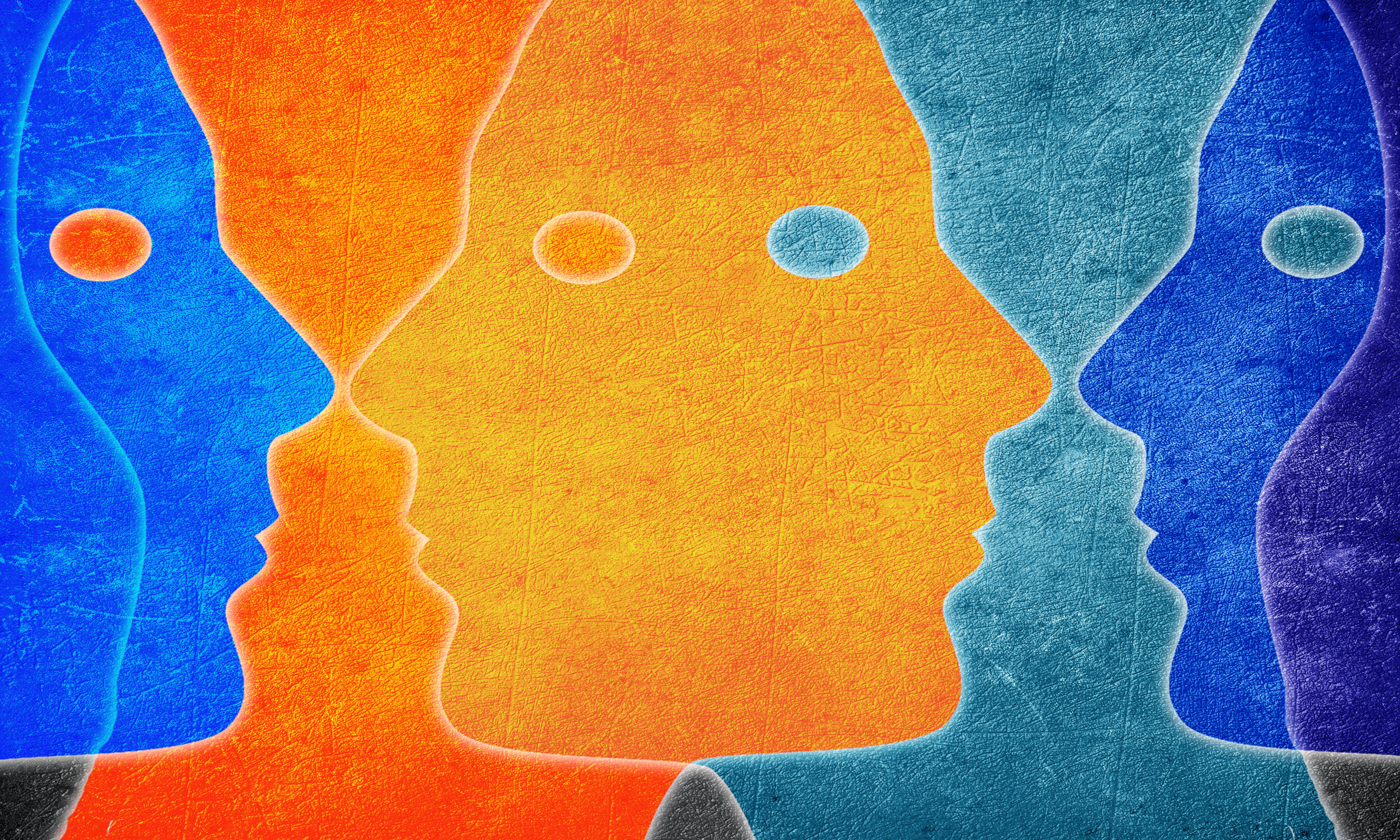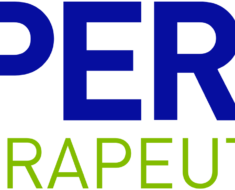
Under revisions to the country’s proposed legislation, social media platforms such as Twitter, Facebook, and TikTok will no longer be required to take down harmful or legal content. The controversial Online Safety Bill was reportedly modified to remove a critical component of the legislation.
The government noted that the amendment would help protect free speech. It also said that people would have more control over what they see online. Critics noted that the amendment would weaken the bill’s provisions and could threaten the social media companies’ accountability.
Before the amendments, the previous proposals had called for tech firms to prevent people from seeing harmful content, such as suicide and abusive posts. The amendments, which the government referred to as a “consumer-friendly triple shield,” shifted the responsibility over to the internet users. Instead of requiring tech firms to remove harmful content, they will be required to create a system that enables people to filter it.
Despite the amendments, however, social media platforms still have to protect children and remove illegal content from their platforms. The government said that the new amendments were aimed at protecting children and tackling criminal activity online. They also noted that the bill would help adults make informed decisions about the platforms they use.
The opposition Labour party criticized the amendments, saying they would weaken the bill and allow conspiracy theories and misinformation to spread. Lucy Powell, the Shadow Culture Secretary, said that the amendments would encourage hoaxers, abusers, and COVID deniers to continue using the internet.
A suicide risk charity criticized the amendments, saying that they would not provide the necessary accountability for tech firms. The chief executive of Samaritans also criticized the amendments, saying that they would not help the government hold social media companies accountable.
The UK’s government unveiled the latest iteration of its online safety bill, which includes new criminal offenses and guidelines on how to verify an individual’s identity. The bill was the culmination of months of campaigning by online protection groups and free speech advocates. Following Elon Musk’s acquisition of Twitter, the focus of the government has once again been on the moderation of online content.
Dil Bole Oberoi





